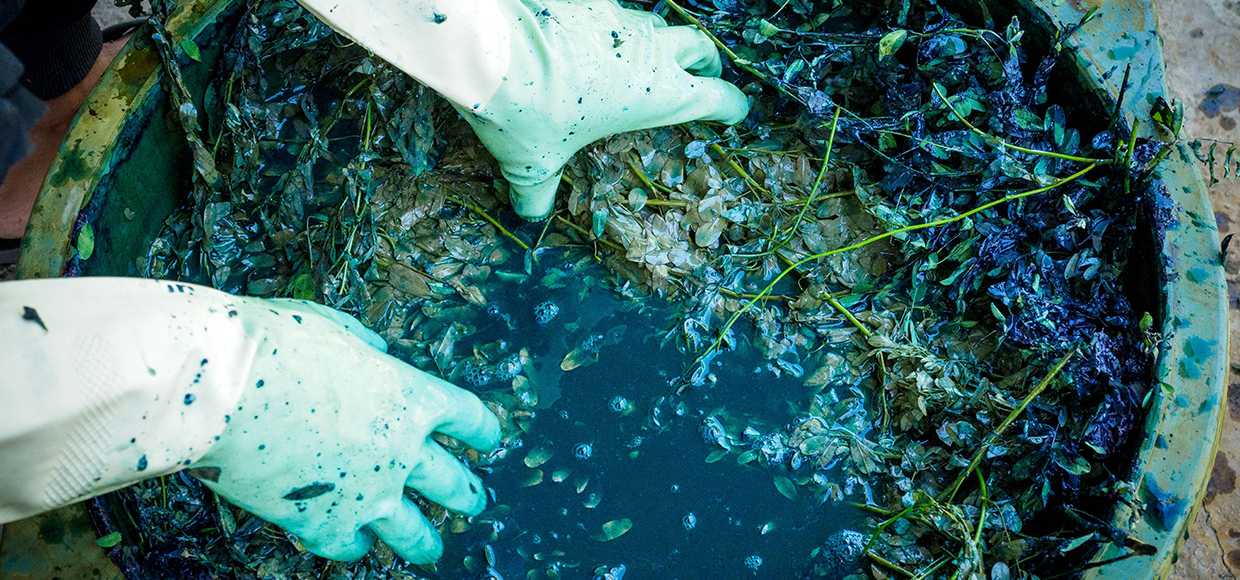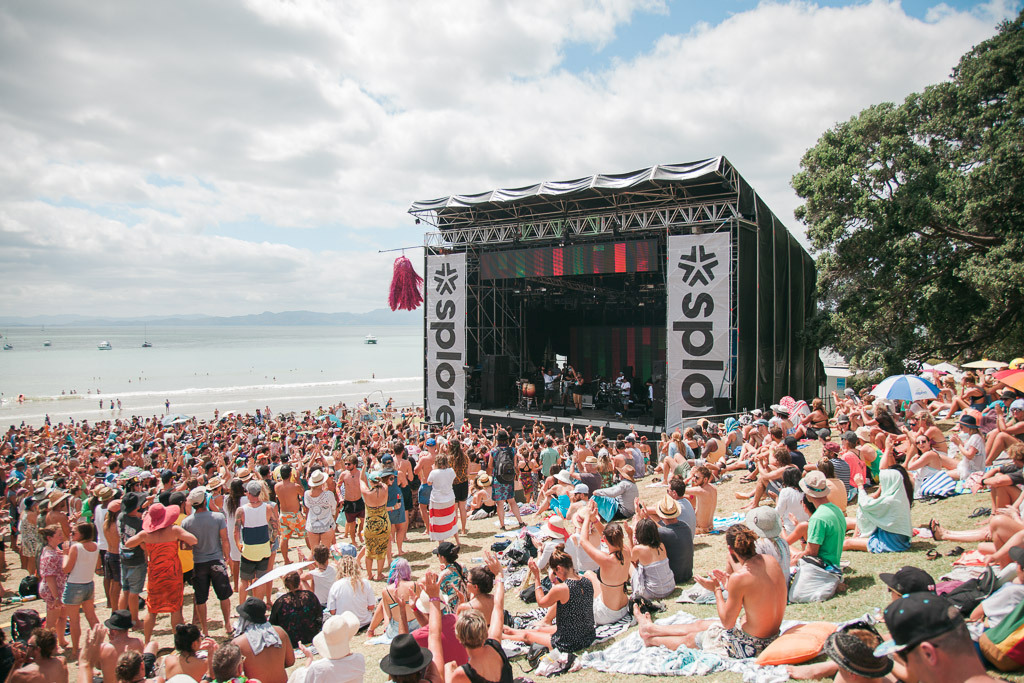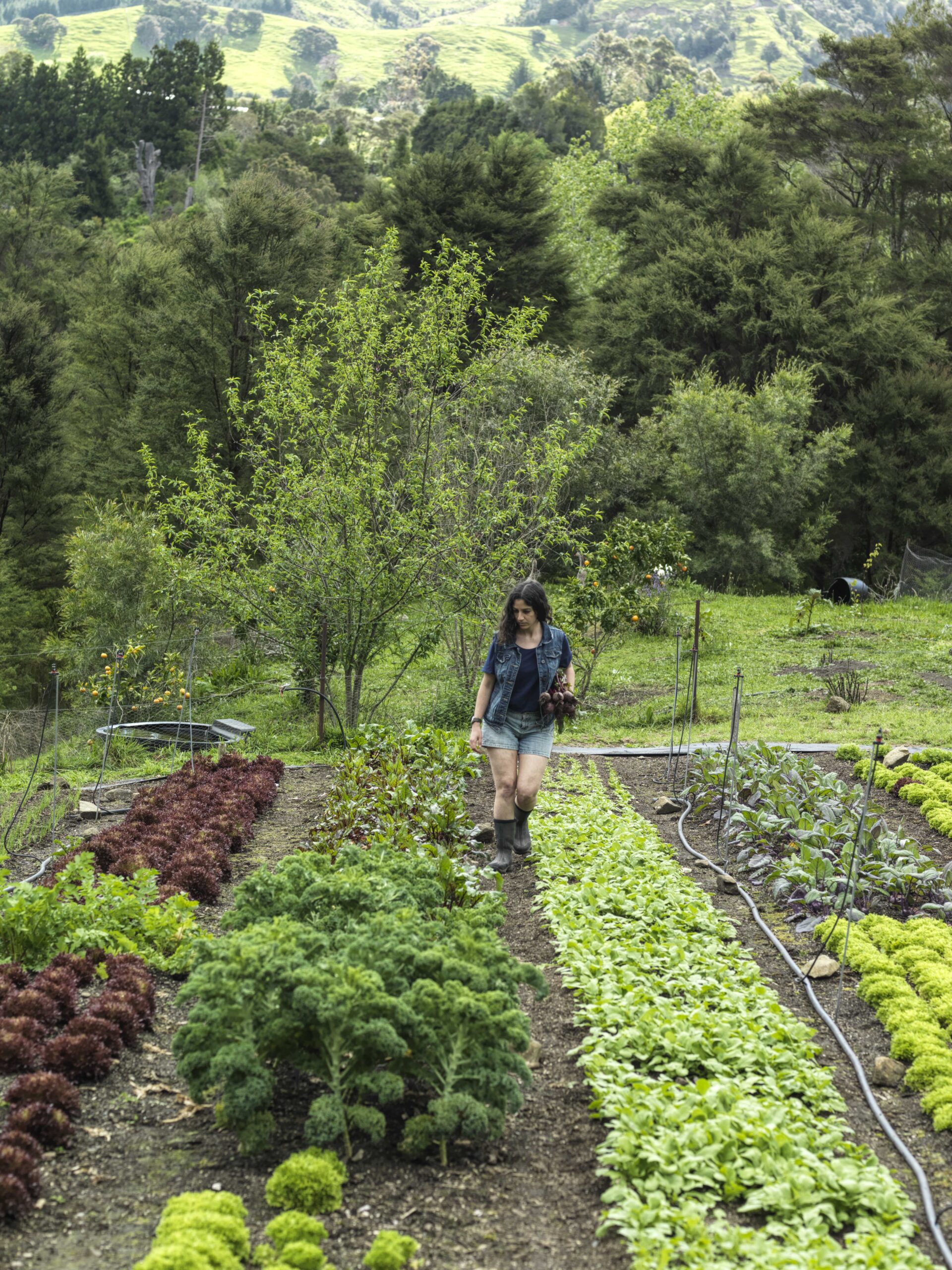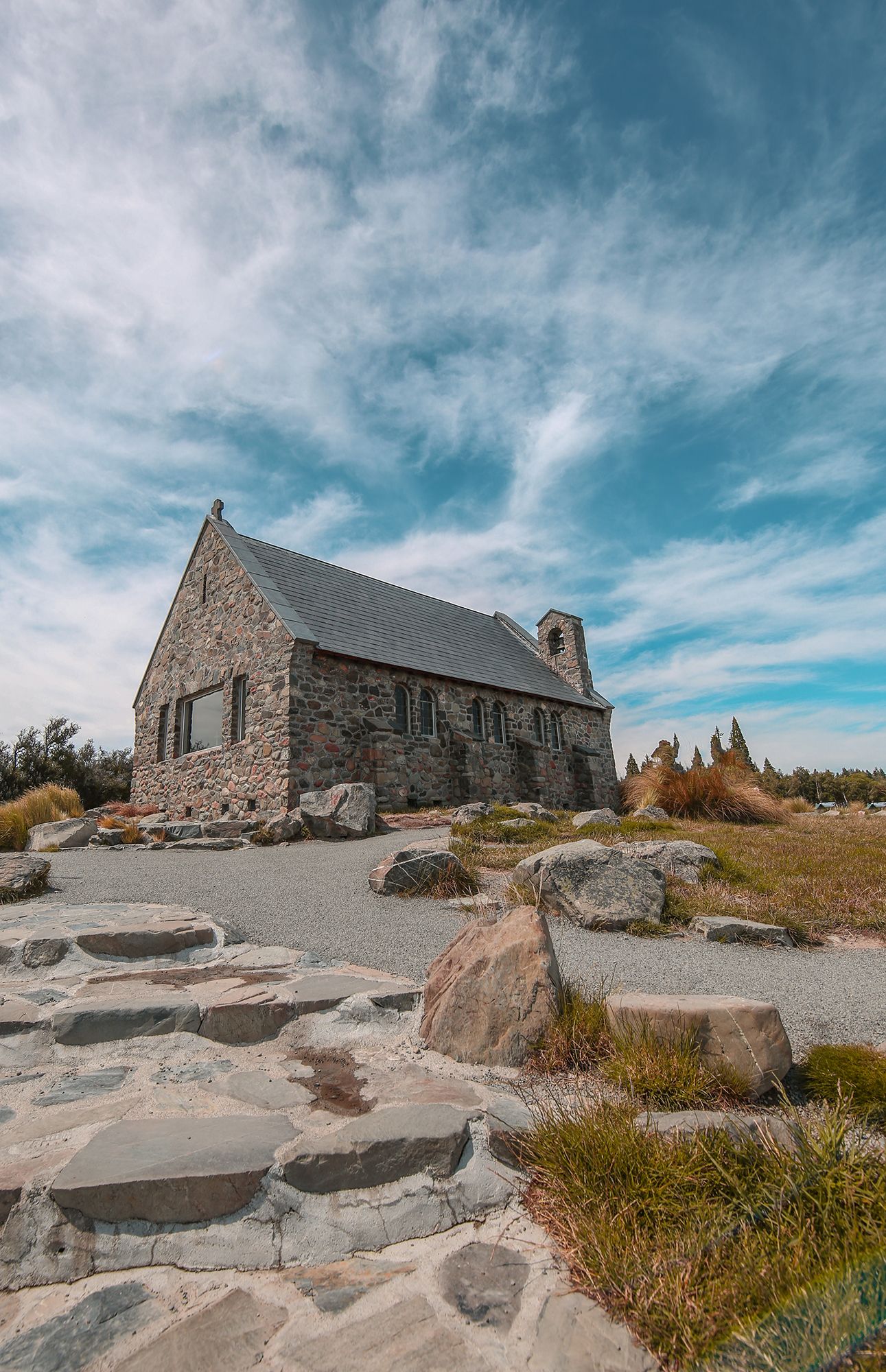Wellington artist Helen Reynolds has always had a big heart and a deep passion for nature, people and making a difference. Now, she’s channelling that passion into her work in Timor-Leste, where she’s helping to revitalise the country’s traditional natural dye industry as part of an assignment with Volunteer Service Abroad (VSA).
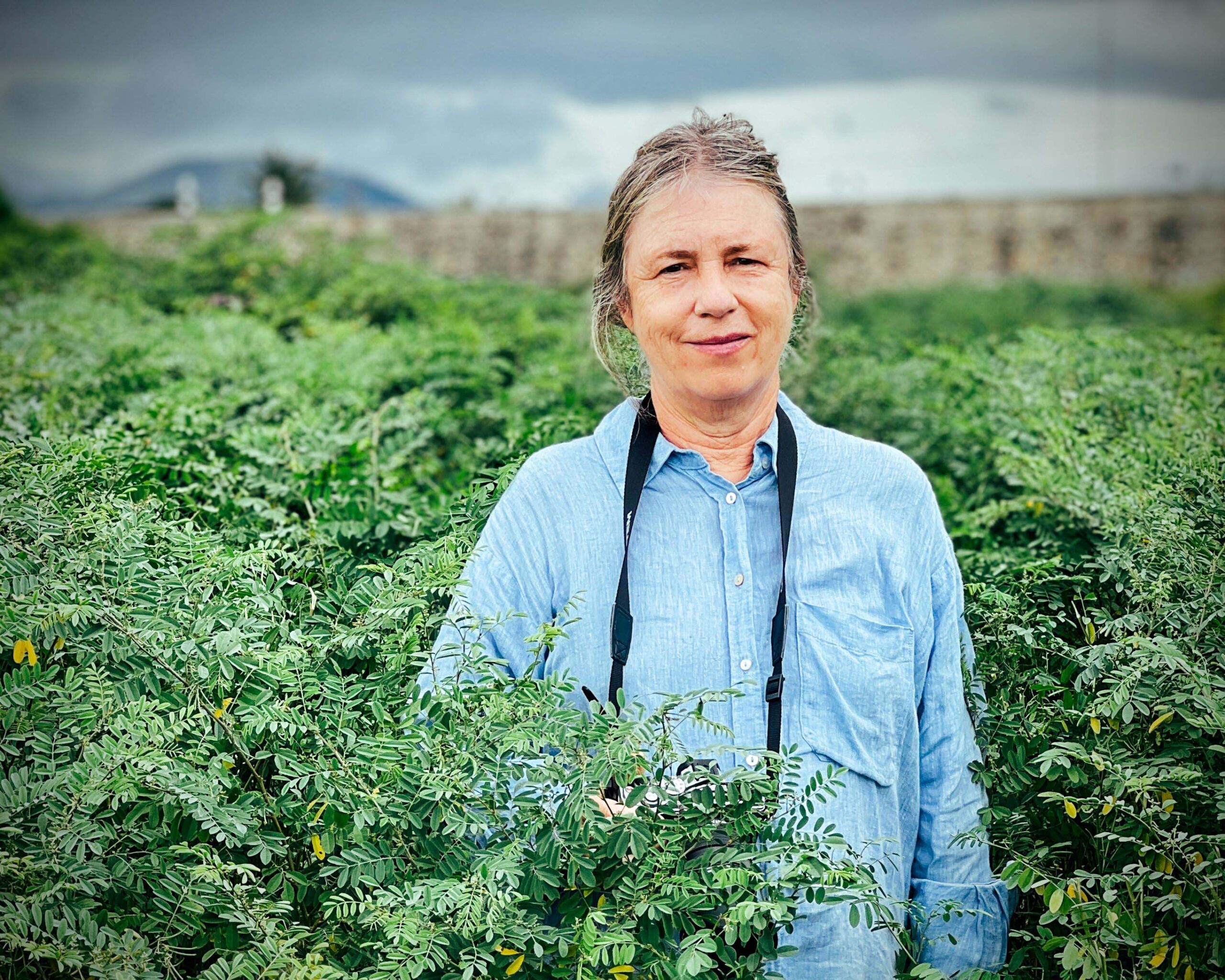
Tais – intricately woven cloth – has long been a defining cultural art form in Timor-Leste. However, years of unrest and war have disrupted traditional knowledge and production methods. While UNESCO has officially recognised tais as an intangible world treasure, the industry struggles against competition from synthetic dyes, which offer brighter and more vibrant hues. Helen’s role is to document and improve the dyeing process, ensuring naturally dyed tais can stand alongside their synthetic counterparts in both quality and visual appeal.
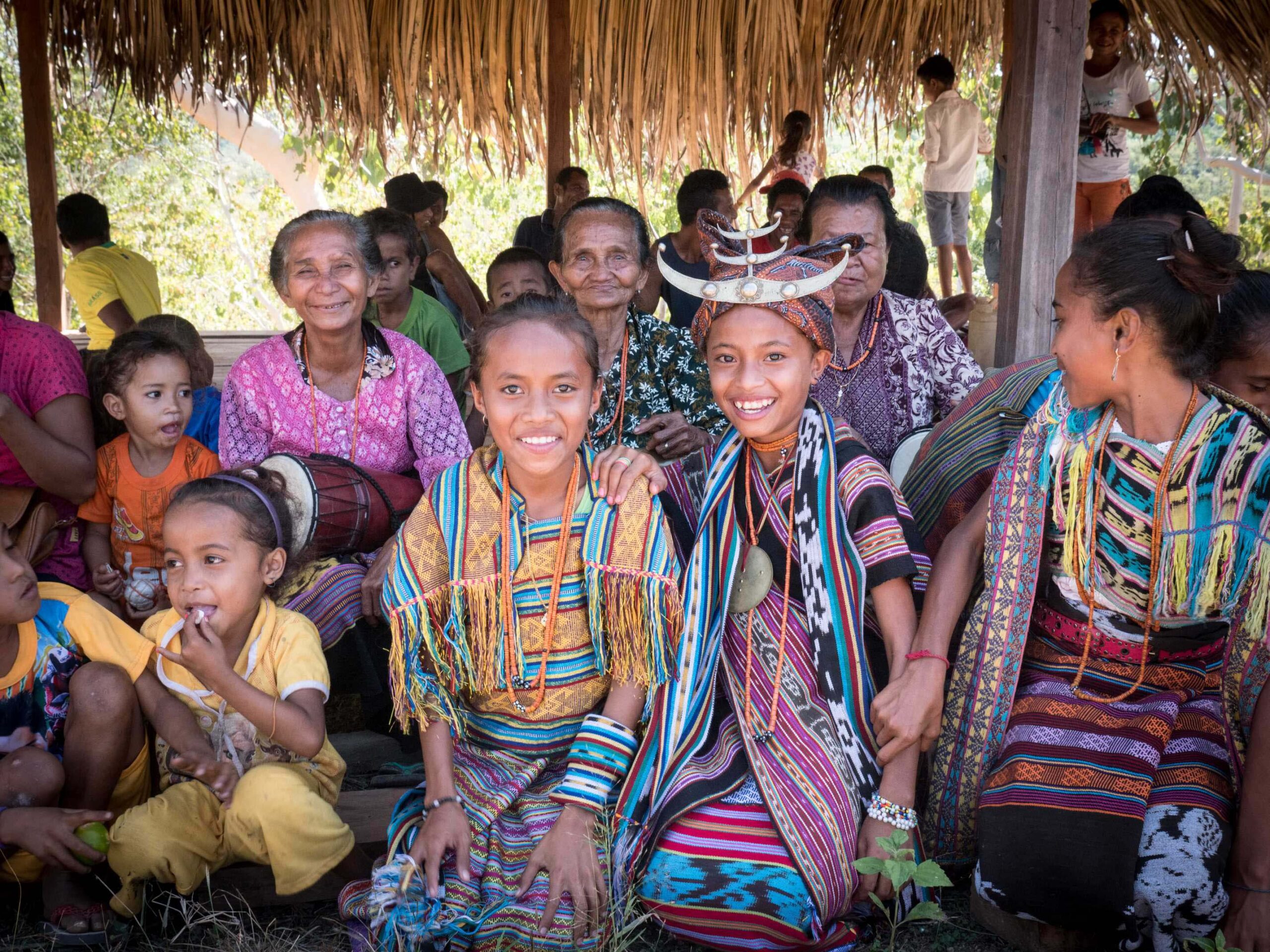
Among her many contributions, Helen has worked to enhance the intensity and clarity of natural dyes, particularly the elusive indigo plant. Known for its deep blue hues, indigo is one of the most challenging dyes to refine. Thanks to her work, the tais produced by the women of Timor-Leste are now more vivid and appealing, helping to preserve this cultural tradition for future generations.
Helen’s commute to the dye centre is an adventure in itself. On days she travels inland, she starts with a 20-minute walk along the beach, followed by a ride on a tradesman microlet – an open-sided minibus – to the city’s bus interchange. From there, she waits for another microlet that takes her deep into the bush, where the dye centre is located. The journey may be long, but it offers an intimate view of everyday life in Timor-Leste, from bustling markets to tranquil village landscapes.
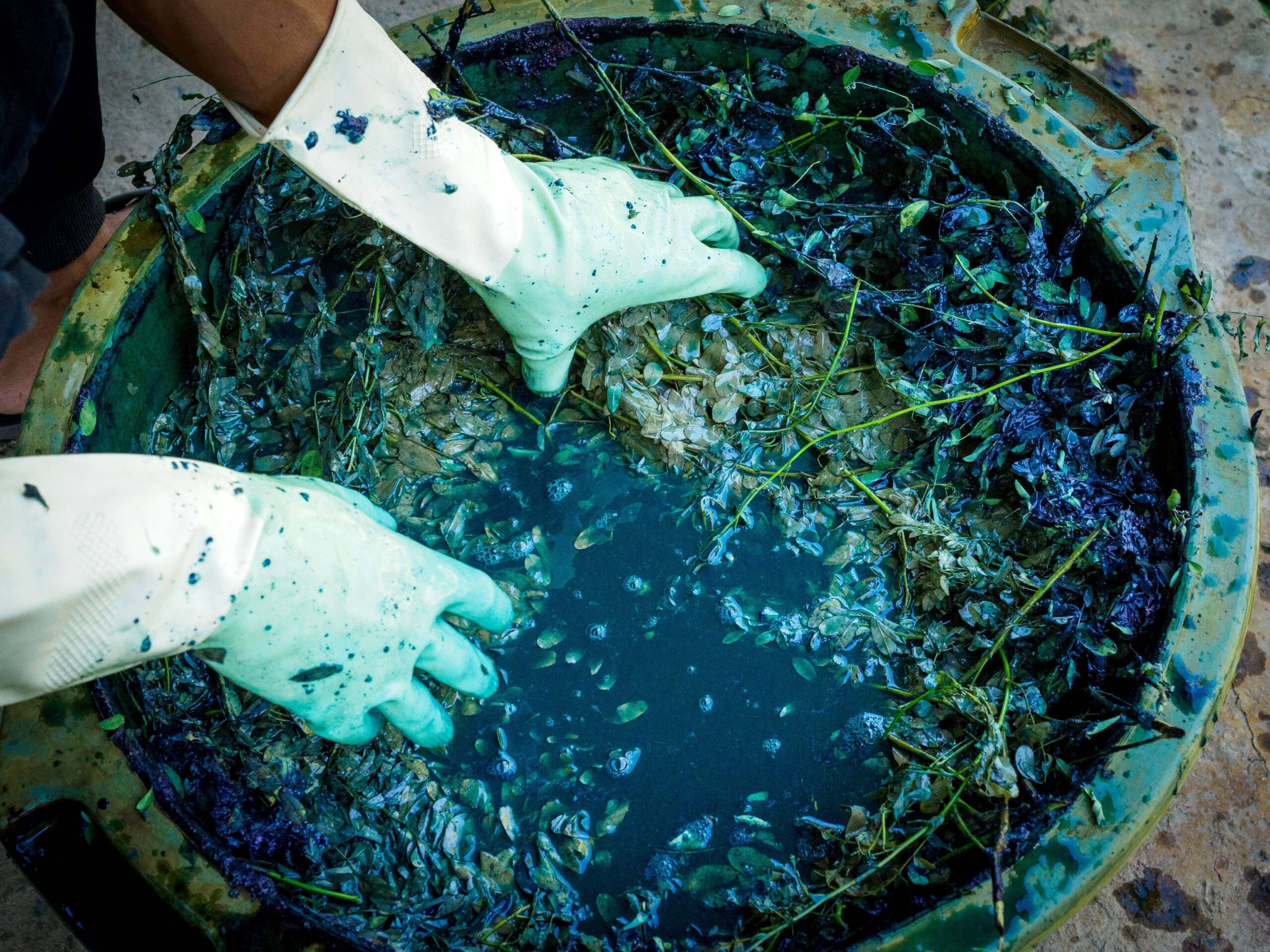
One of Helen’s recent experiences involved joining Reloka, a local initiative dedicated to recording and improving traditional dyeing techniques. She worked closely with Mana Secilia, Reloka’s dye master, in an effort to reintroduce natural plant dyes to the wider community.
A breakthrough moment came when Mana Secilia spotted an abandoned rice paddy in the district of Manatuto that had been overtaken by wild indigo – an exciting discovery, as the plant is a valuable source of rich blue dye. The team set out to harvest it, but before they could proceed, they needed permission from local authorities, a process that involved securing approval from both the village and sub-district chiefs.
During their visit, Helen and her team realised that many locals had no idea that the wild indigo growing in their fields could be used for dyeing. Instead, they viewed it as nothing more than a common weed or, at best, a medicinal plant. By educating them about its value, Helen and the Reloka team are not just reviving an ancient craft – they’re also creating new economic opportunities for communities in Timor-Leste.
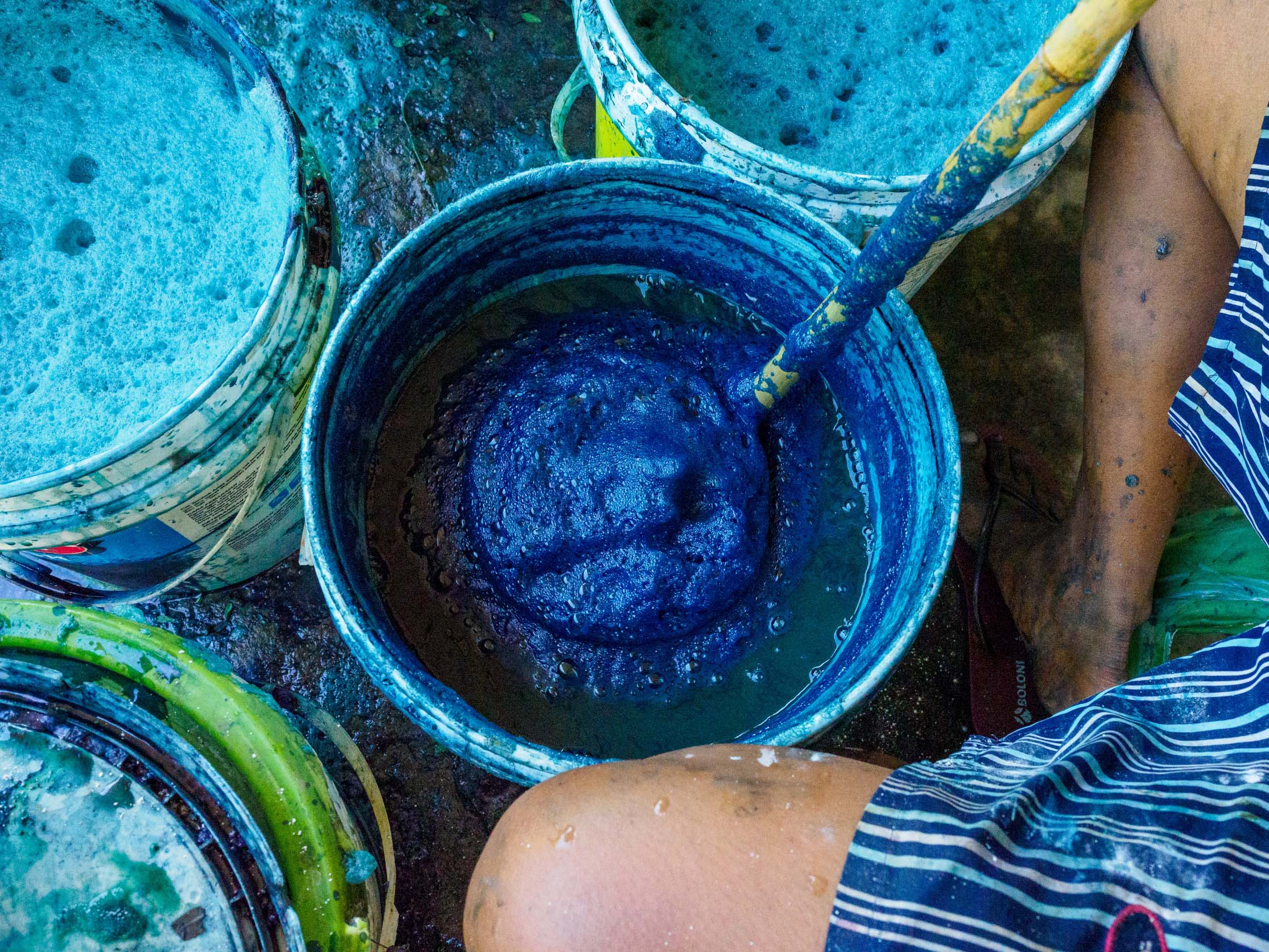
Harvesting the indigo was only part of the journey. When Helen and her team returned to negotiate the purchase of the plants, they were met with an unexpected challenge. The landowner’s wife, a shrewd businesswoman with a sharp eye for opportunity, drove a hard bargain. Seeing Helen – a foreigner – among the group, she assumed they had deep pockets and doubled the price. After some good-natured haggling, they settled on $10 for the right to harvest the indigo.
With their truck finally loaded, the next step was processing the plant. The indigo leaves needed to be soaked in water for days, then aerated and alkalised before the sought-after indigotin powder could settle and be extracted. The result is a striking, deep blue pigment, ready to breathe life into the tais of Timor-Leste.
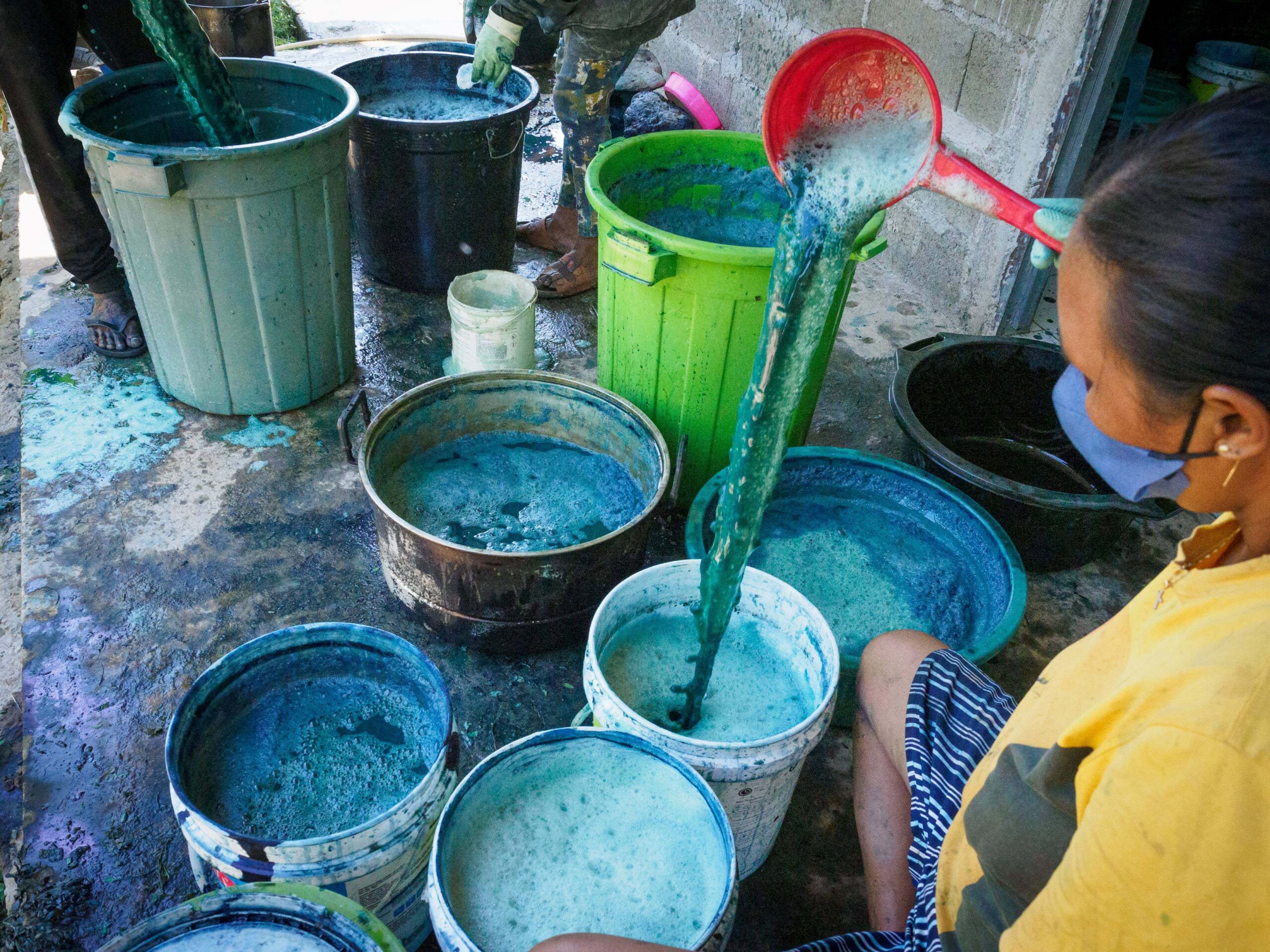
Helen’s work in Timor-Leste is about community, tradition and resilience. With each bright, naturally dyed tais, Helen and the women she works with are not just preserving a tradition; they are weaving together the past, present and future of Timor-Leste’s cultural identity.
VSA has volunteer opportunities online now and is welcoming applications from skilled New Zealanders wanting to give back, learn and share. VSA covers all costs associated with a volunteer assignment – flights, insurance, accommodation – and pays an allowance that covers expenses like food and transport. To check out VSA’s current vacancies go to https://www.vsa.org.nz.
